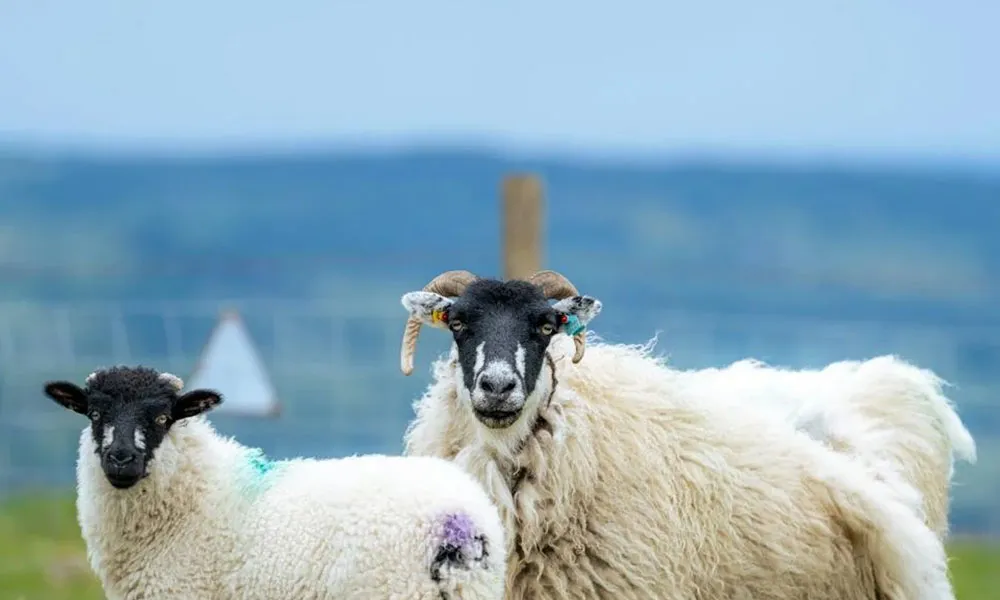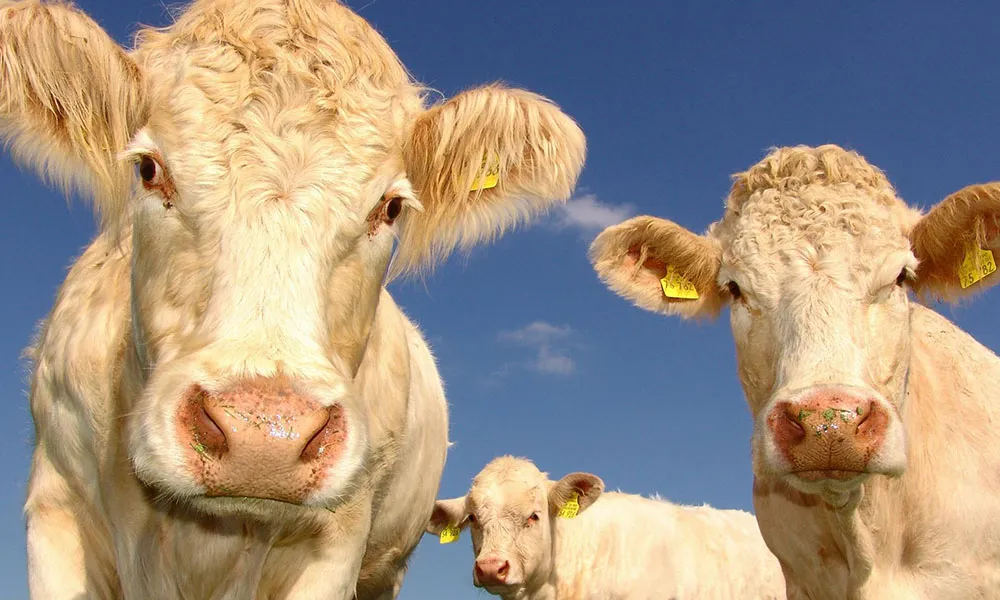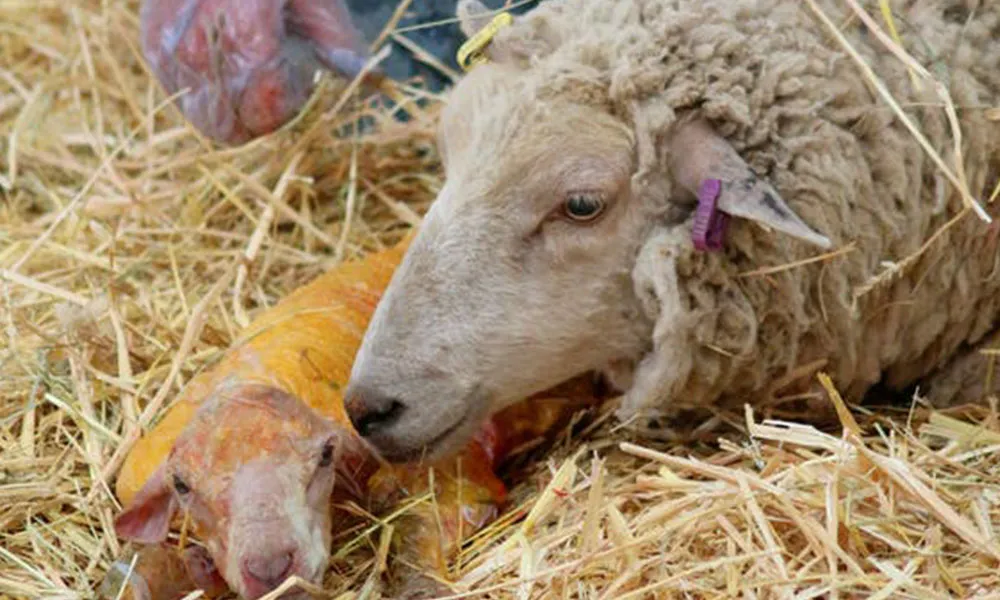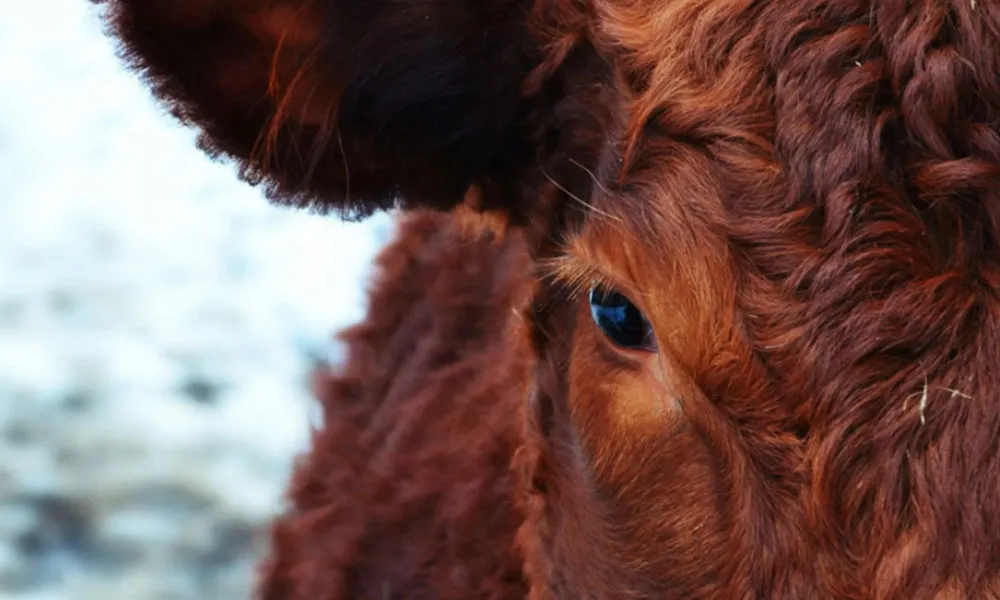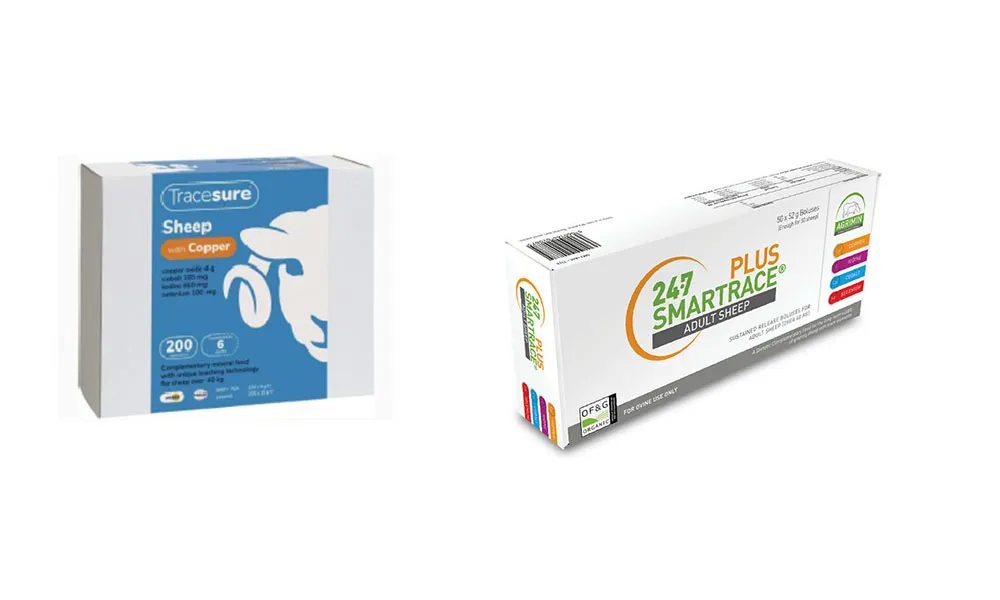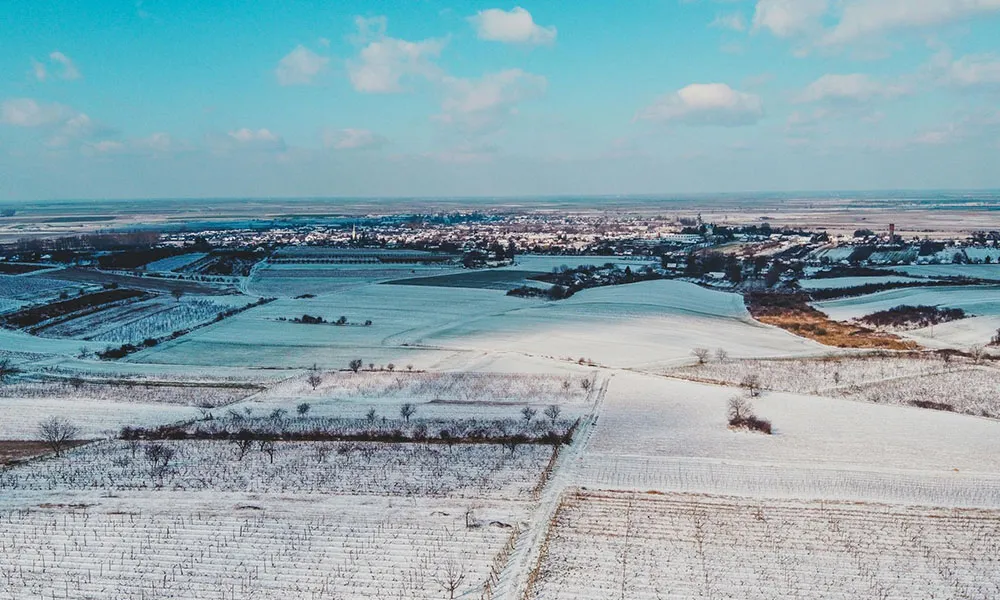
A cold week ahead?
With Met Éireann forecasting a week of inclement and very wintry weather, farmers will need to take extra precautions to keep themselves, their families and their livestock safe. It is hard to overstate the extent to which snow and ice, in particular, can compromise farm safety. From the risk of animal starvation and malnutrition to the increased likelihood of equipment malfunction and machinery-related accidents, there are few aspects of the average farmer’s routine that will not be impacted during the week ahead. That is why we at Agridirect.ie have put together this short guide to farming in abject winter conditions.
Getting around the farmyard
Temperatures will plunge below zero every night this week, meaning that there will be thick ice on many farmyard paths. Slipping and falling on patches of black ice is perhaps the most common cause of farmyard injury in winter, so you should make sure that you have a clear and ice-free path to all essential areas of the farmyard. Stock up on grit and salt as soon as you can, and make sure that you scatter this around farmyard paths every evening. This should make for surer footing on the following morning.
Preventing frozen pipes
Pipes freezing and bursting is another massive risk in subzero temperatures. This is why it is important to make sure that all water pipes servicing your home and farmyard are properly insulated (if not located underground). Foam insulation for pipes is very affordable, so taking the time to put it on could save you a lot of money in the long run.
Livestock management
Animals that are being wintered outdoors will need to get extra hay and silage, because foraging in snow and ice is extremely difficult and energy-sapping. Feeding large quantities of hay or silage has the added advantage of decreasing the number of trips you will need to make to the field over the course of the week. In conditions such as these, the fewer times you have to take a quad or tractor out on the land, the better.
Keep an eye out for signs of pneumonia, especially in sheep (they are particularly prone to it at this time of year!)
Machinery
Speaking of machinery, extreme caution is needed in these conditions. Drive quads and tractors slowly, and avoid braking hard on icy surfaces. Furthermore, you should ensure that all batteries are in good working condition. From personal experience, trying to start a tractor “on the roll” in icy weather is a recipe for catastrophe!
You should also make sure that all machinery lighting is working, especially machinery that you have to take onto the road. Not all roads are gritted, so there is already an increased risk of accident. That risk will be greatly compounded if machinery is not suitably illuminated.
Dress for the weather
It is perhaps an obvious point, but you need to wear suitable clothing when going out on the farm in wintry conditions. Thermal gear is essential, and you should wear at least one heavy layer of clothing over these. People tend to feel the cold differently, so dress according to your own needs. Furthermore, it is very important that you eat well to stave off the cold. Drinking warm drinks regularly and eating hot cooked meals will help greatly in this respect.
Read the Government’s “Be Winter Ready” advice
The Government has published a comprehensive guide to preparing for winter. All citizens, including farmers, should familiarize themselves with this document in order to reduce the risk of harm during the coming “big freeze”.





